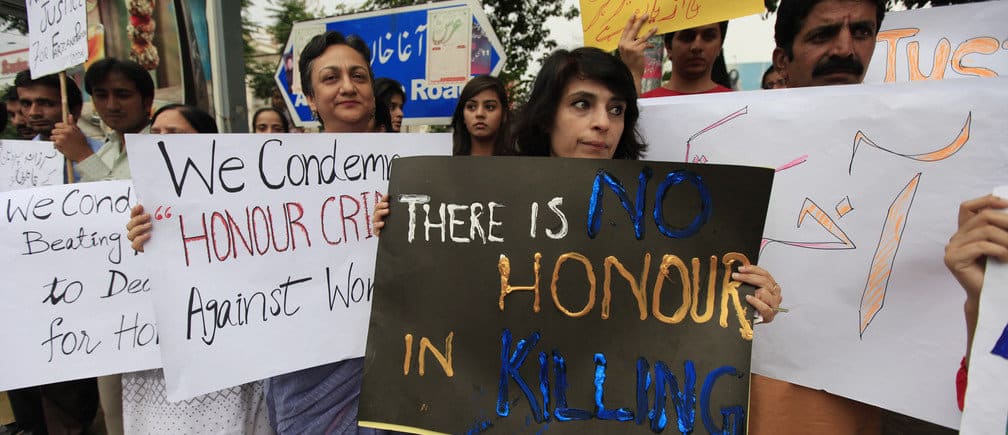Report includes issues like corruption and gender-based violence.
It also highlights extrajudicial killings, enforced disappearance.
Says no significant changes in human rights situation in Pakistan.
WASHINGTON: Pakistan “rarely” took credible steps to identify and punish officials who may have committed human rights abuses, said a US human rights report, pointing that these issues involved extrajudicial killings, unenforced disappearance and torture, The News reported Wednesday.
In the “2023 Country Reports on Human Rights Practices”, released by the US State Department, there were no significant changes in the human rights situation in Pakistan in the past year.
According to the report, these significant human rights issues included “credible reports of unlawful or arbitrary killings including extrajudicial killings, enforced disappearance, torture and cases of cruel, inhuman or degrading treatment or punishment by the government or its agents, harsh and life-threatening prison conditions, arbitrary detention and political prisoners”.
Serious issues like enforced disappearance, serious restrictions on freedom of expression and media freedom, including violence against journalists, unjustified arrests and disappearances of journalists, censorship, criminal defamation laws and laws against blasphemy, serious restrictions on internet freedom, substantial interference with the freedom of peaceful assembly and freedom of association, including overly restrictive laws on the operation of non-governmental organisations and civil society organisations, restrictions of religious freedom and restrictions on freedom of movement were also included in the report.
Other than that, the report also highlighted issues like “serious government corruption, serious government restrictions on domestic and international human rights organisations, extensive gender-based violence, crimes involving violence or threats of violence targeting members of religious, racial and ethnic minorities” in the country.
It stated that violence, abuse, and social and religious intolerance by militant organisations and other non-state actors, both local and foreign, contributed to a culture of lawlessness.
“Terrorist and cross-border militant attacks against civilians, soldiers and police caused hundreds of casualties. Military, police and other law enforcement agencies continued to carry out significant campaigns against militant and terrorist groups,” the executive summary concluded.

